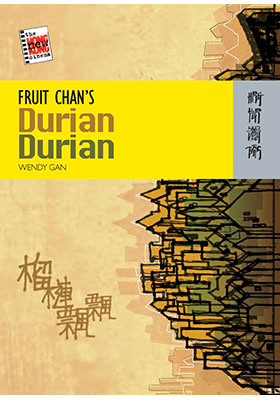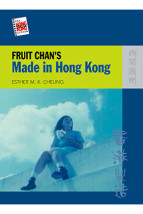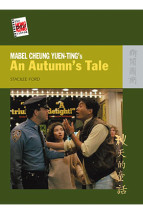Fruit Chan’s Durian Durian
(陳果的《榴槤飄飄》)
ISBN : 978-962-209-743-8
May 2005
124 pages, 5.5″ x 7.5″, 10 b&w illus.
- HK$195.00
Ebooks
This book examines how Fruit Chan’s Durian Durian sensitively portrays the unsettling seismic shifts affecting the inhabitants of both China and Hong Kong in a post-1997 context. The study covers different aspects of Durian Durian: its relation to the Hong Kong independent film sector and traditions of Hong Kong social realism; its representations of mainland Chinese women; and its representations of cross-border relations and issues of post-1997 identity for both inhabitants of Hong Kong and China. Gan argues that Durian Durian is an attempt to re-think Hong Kong and China as a single entity, a single imagined community in a post-1997 era. The film is an exploration of “one country, two systems” not just in political but in spatial and affective terms.
This is one of the first studies of Fruit Chan’s work and presents him as one of Hong Kong’s key filmmakers, worthy of serious critical study. Durian Durian is one of Chan’s masterpieces and its study is of interest to anyone who is concerned with post-1997 realities in Hong Kong and China as visualized on film.
“This is a meticulous study that takes the film as a center point from which to examine the evolving relationship between the Chinese mainland and Hong Kong. Gan’s close filmic and narrative reading will delight movie buffs. Through expertly unfolding a complex historical and political context, Gan links the film to other imaginative experiments in cinema that focus on Chinese identity, border-crossing, and gender under the ever-changing conditions of globalism.” —Wendy Larson, Department of East Asian Languages and Literatures, University of Oregon
“The author does a superb job of placing the film within the context of Fruit Chan’s oeuvre, within the history of Hong Kong art cinema, and specifically within the history of Hong Kong films dealing with the PRC and mainland characters.” —Gina Marchetti, Department of Comparative Literature, the University of Hong Kong and Department of Cinema and Photography, Ithaca College





